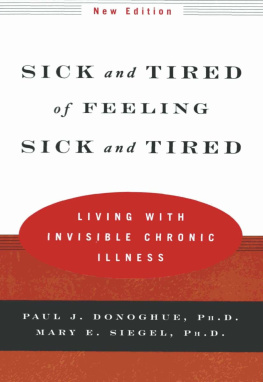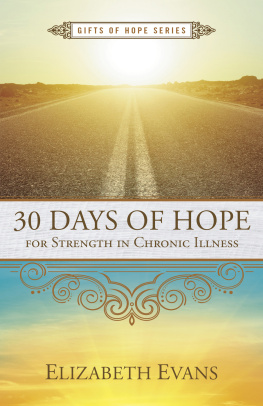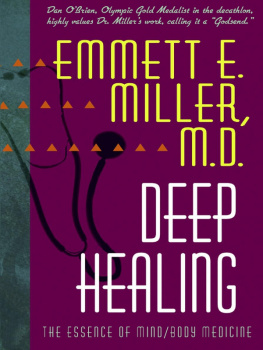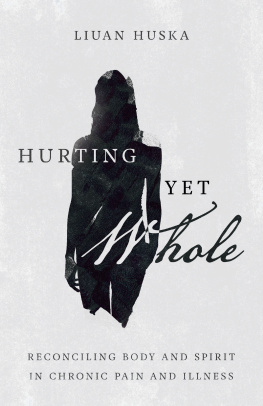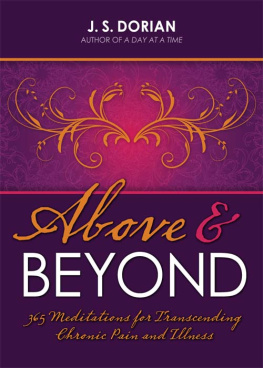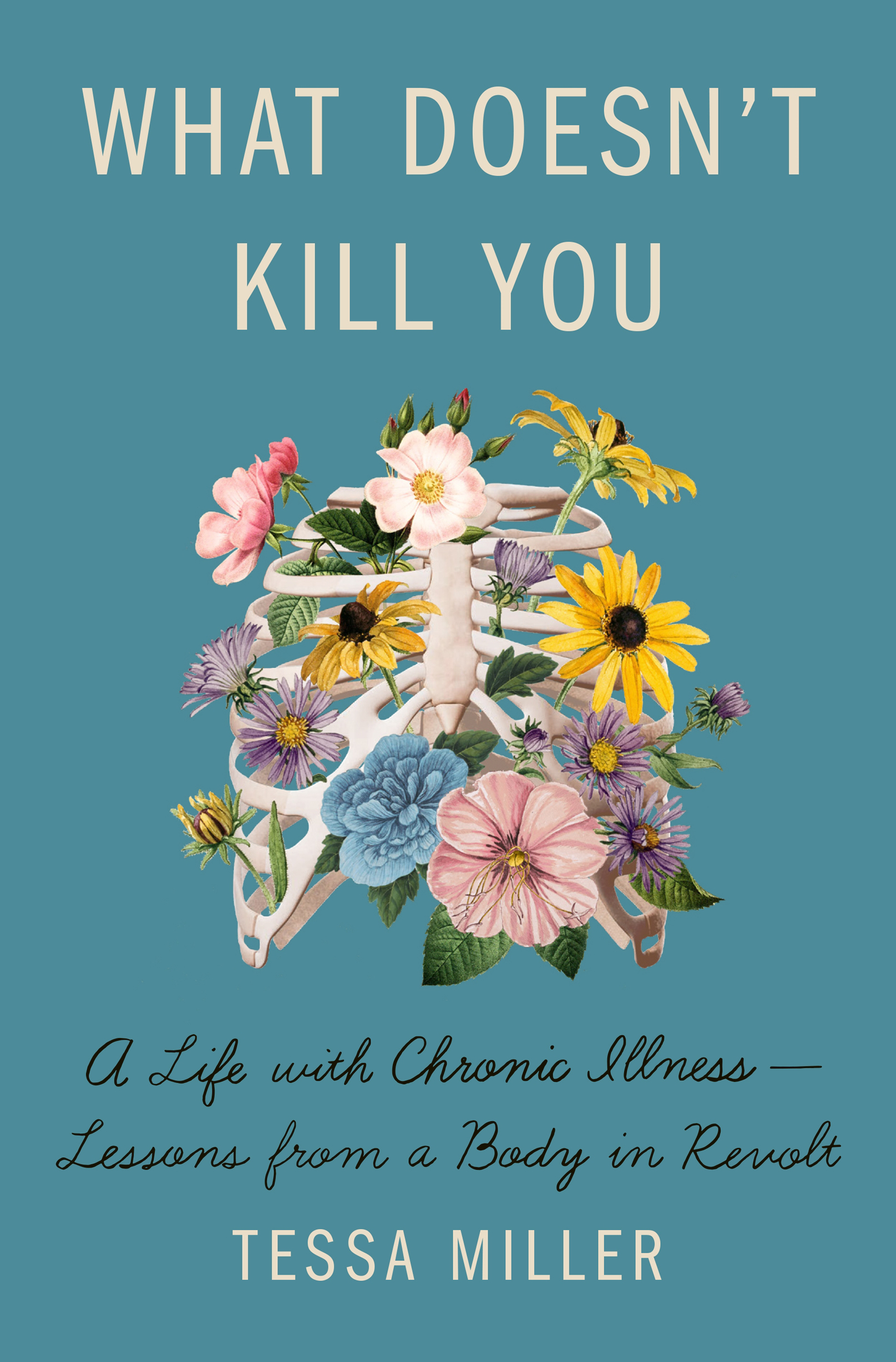Tessa Miller - What Doesnt Kill You: A Life with Chronic Illness - Lessons from a Body in Revolt
Here you can read online Tessa Miller - What Doesnt Kill You: A Life with Chronic Illness - Lessons from a Body in Revolt full text of the book (entire story) in english for free. Download pdf and epub, get meaning, cover and reviews about this ebook. year: 2021, publisher: Henry Holt and Company, genre: Home and family. Description of the work, (preface) as well as reviews are available. Best literature library LitArk.com created for fans of good reading and offers a wide selection of genres:
Romance novel
Science fiction
Adventure
Detective
Science
History
Home and family
Prose
Art
Politics
Computer
Non-fiction
Religion
Business
Children
Humor
Choose a favorite category and find really read worthwhile books. Enjoy immersion in the world of imagination, feel the emotions of the characters or learn something new for yourself, make an fascinating discovery.

- Book:What Doesnt Kill You: A Life with Chronic Illness - Lessons from a Body in Revolt
- Author:
- Publisher:Henry Holt and Company
- Genre:
- Year:2021
- Rating:3 / 5
- Favourites:Add to favourites
- Your mark:
What Doesnt Kill You: A Life with Chronic Illness - Lessons from a Body in Revolt: summary, description and annotation
We offer to read an annotation, description, summary or preface (depends on what the author of the book "What Doesnt Kill You: A Life with Chronic Illness - Lessons from a Body in Revolt" wrote himself). If you haven't found the necessary information about the book — write in the comments, we will try to find it.
The riveting account of a young journalists awakening to chronic illness, weaving together personal story and reporting to shed light on living with an ailment forever
Tessa Miller was an ambitious twentysomething writer in New York City when, on a random fall day, her stomach began to seize up. At first, she toughed it out through searing pain, taking sick days from work, unable to leave the bathroom or her bed. But when it became undeniable that something was seriously wrong, Miller gave in to family pressure and went to the hospitalbeginning a yearslong nightmare of procedures, misdiagnoses, and life-threatening infections. Once she was finally correctly diagnosed with Crohns disease, Miller faced another battle: accepting that she will never get better.
Today, an astonishing three in five adults in the United States suffer from a chronic diseasea percentage expected to rise post-Covid. Whether the illness is arthritis, asthma, Crohns, diabetes, endometriosis, multiple sclerosis, ulcerative colitis, or any other incurable illness, and whether the sufferer is a colleague, a loved one, or you, these diseases have an impact on just about every one of us. Yet there remains an air of shame and isolation about the topic of chronic sickness. Millions must endure these disorders not only physically but also emotionally, balancing the stress of relationships and work amid the ever-present threat of health complications.
Miller segues seamlessly from her dramatic personal experiences into a frank look at the cultural realities (medical, occupational, social) inherent in receiving a lifetime diagnosis. She offers hard-earned wisdom, solidarity, and an ultimately surprising promise of joy for those trying to make sense of it all.
Tessa Miller: author's other books
Who wrote What Doesnt Kill You: A Life with Chronic Illness - Lessons from a Body in Revolt? Find out the surname, the name of the author of the book and a list of all author's works by series.


